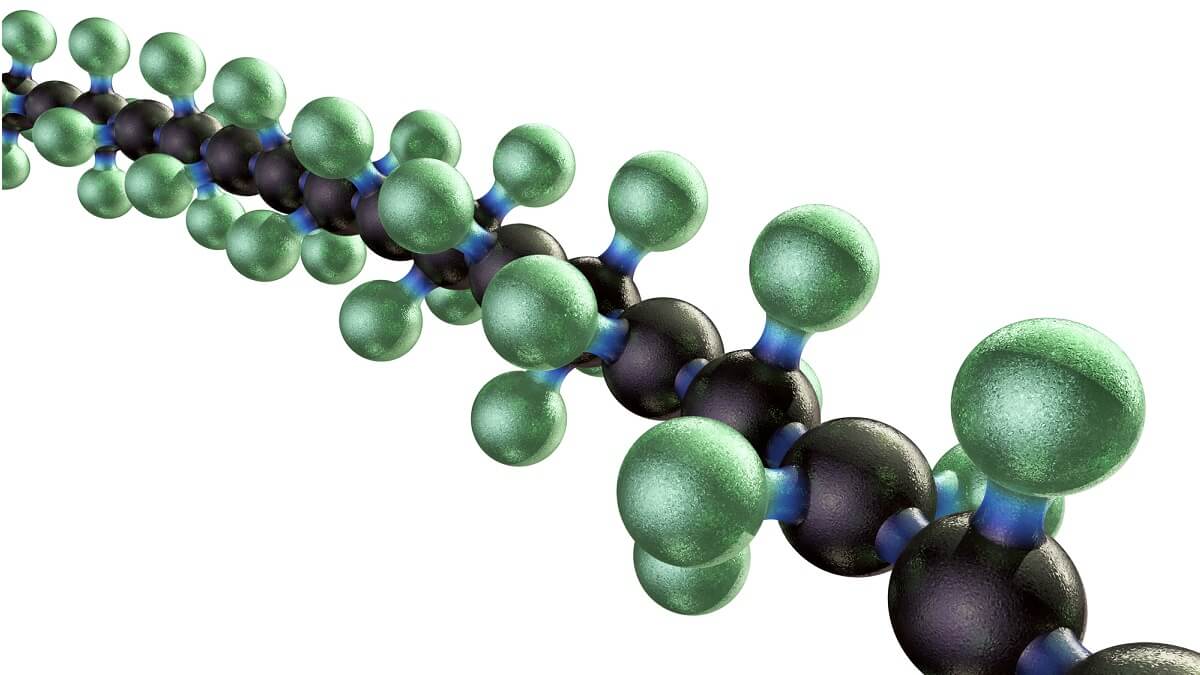Exploring the Varied Applications and Advantages of Polymers in Different Industries
Polymers, with their varied range of properties and functionalities, have actually become indispensable in different markets, each gaining distinct benefits from their application. From enhancing safety and efficiency in the automotive field to reinventing medical devices in the health care market, polymers play a pivotal function.
Automotive Industry Applications
Polymers play a pivotal role in boosting the performance and durability of different parts within the automobile field. These versatile products are extensively used in the production of different parts, varying from indoor elements to under-the-hood applications. One noticeable use polymers in the vehicle sector is in the production of lightweight elements. By changing traditional metal get rid of polymer-based alternatives, automobiles can accomplish better gas effectiveness without compromising on strength or safety.

Health Care Sector Benefits
In numerous medical care applications, the benefits of using polymers are widely acknowledged for their varied series of advantageous residential or commercial properties. Polymers play a critical duty in the healthcare industry as a result of their convenience, biocompatibility, and cost-effectiveness. Among the main benefits of polymers in health care is their capability to be tailored to particular needs, such as flexibility, toughness, and biodegradability, making them suitable for a vast array of clinical applications.
Polymer-based materials are extensively used in medical tools, such as catheters, implants, prosthetics, and medicine shipment systems, as a result of their biocompatibility and ability to mimic all-natural cells. These products can decrease the risk of sensitive responses or rejections, boosting individual safety and security and end results. In addition, polymers are light-weight, making them appropriate for wearable medical gadgets and ensuring person convenience.
Moreover, polymers allow the advancement of ingenious therapy methods, such as hydrogels for cells engineering and nanocomposites for targeted drug shipment. Their convenience of processing and sanitation makes them important for keeping high criteria of hygiene in medical care settings. Generally, the varied advantages of polymers add significantly to advancements in clinical modern technology and client treatment.
Ecological Benefits of Polymers

Furthermore, polymers can contribute to energy financial savings because of their light-weight nature. In sectors such as transport, light-weight polymer products can help in reducing gas intake and greenhouse gas exhausts. In addition, polymers can make it possible for the development of energy-efficient items such as insulation products that enhance power preservation in structures.
In addition, polymers play an essential role in decreasing water pollution. For instance, making use of polymer-based filtering systems can efficiently eliminate contaminants and contaminants from wastewater, protecting water sources and communities. Generally, the environmental benefits of polymers make them useful properties in promoting sustainability and environment-friendly methods across various sectors.
Polymers in Electronic Devices and Modern Technology
Taking into consideration the boosting demand for cutting-edge and lasting services in contemporary industries, the assimilation of sophisticated polymer technologies in the world of electronics and check here technology has actually become a pivotal approach for driving effectiveness and performance. Polymers have actually transformed the electronic devices market by enabling the manufacturing of lighter, much more flexible, and long lasting electronic gadgets. From smartphones to clinical devices, polymers play a vital function in boosting product layout and functionality.
One significant advantage of polymers in electronic devices is their protecting residential properties, which help secure delicate electronic components from environmental aspects and electric interference. Furthermore, polymers are essential in the advancement of adaptable displays, wearable innovation, and published electronic devices, using countless possibilities for producing clever and interconnected gadgets.
In addition, making use of polymers in digital packaging has actually brought about innovations in miniaturization and thermal monitoring, improving the total efficiency and dependability of digital systems. As innovation remains to evolve, the adaptability and adaptability of polymers will definitely drive even more advancement in the electronics market, forming the future of modern technology.
Role of Polymers in Construction and Framework
Polymers offer countless benefits in the building and construction market due to their flexibility, sturdiness, and cost-effectiveness. One key duty of polymers in building and construction is their use in finishings and sealants, supplying security against ecological elements such as moisture, UV radiation, and corrosion.
Furthermore, polymers play a critical duty in lasting building techniques by enabling the advancement of energy-efficient structures. Protecting materials Related Site made from polymers assist regulate indoor temperatures, minimizing the requirement for home heating and cooling down systems and eventually lowering energy usage - Polymers.
Conclusion
To conclude, polymers play a critical role in numerous industries such as auto, health care, ecological, electronics, and building and construction. Their versatile homes make them important in creating cutting-edge remedies and go to this web-site products. From enhancing fuel effectiveness in cars to improving medical gadgets, polymers use countless benefits. In addition, their influence on lowering waste and promoting sustainability highlights their relevance in modern-day applications. The extensive use polymers demonstrates their significant contribution to progressing modern technology and boosting lifestyle.
Comments on “Sustainable Polymers: Eco-Friendly Solutions for the Future”